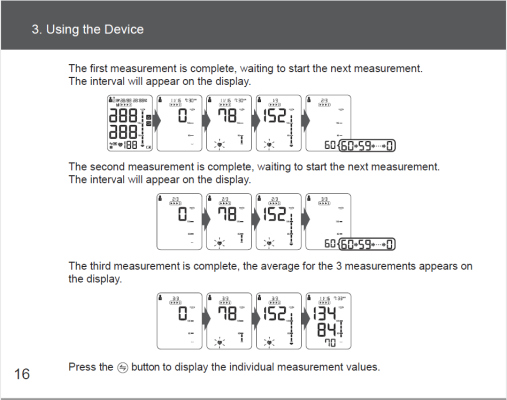I've had an odd run of not-so-great health lately, and this last week was diagnosed with high blood pressure. That was a surprise since up to now (I'm in my early 60s) it has always been 120/80. So now I'm being tested every week for awhile and making what changes I can. I don't need to lose weight and I exercise modestly everyday--always have. I DO know you all are not doctors (maybe some are?), but I thought I'd pick your collective brains about two things:
1) After feeling great and maintaining optimal weight on a fairly high protein, moderate fat, and low carb diet, I'm advised now to go on the DASH diet. After all the research I've done on the benefits of low carb, I'm rather surprised to see it is really high carb! Lots of grains, fruits, veg, dairy, beans, and very little meat/fish. To be honest I am skeptical of nutrition advice coming from the government (natch) and I wonder what people's experience has been with this diet. As always with confusing recent food science, some nutritionists advocate the opposite diet, keto, for lowering BP! I just wonder if, in the long run, the only diet change really necessary is to lower sodium intake--which I do need to do. (And yes, I will follow my doctor's orders and go on DASH for at least the short term while I'm monitored.)
2) Can anyone recommend a home BP monitor? Omron seems to be a good choice but they have about a 100 different models and the choice is confusing.
Thanks all.
1) After feeling great and maintaining optimal weight on a fairly high protein, moderate fat, and low carb diet, I'm advised now to go on the DASH diet. After all the research I've done on the benefits of low carb, I'm rather surprised to see it is really high carb! Lots of grains, fruits, veg, dairy, beans, and very little meat/fish. To be honest I am skeptical of nutrition advice coming from the government (natch) and I wonder what people's experience has been with this diet. As always with confusing recent food science, some nutritionists advocate the opposite diet, keto, for lowering BP! I just wonder if, in the long run, the only diet change really necessary is to lower sodium intake--which I do need to do. (And yes, I will follow my doctor's orders and go on DASH for at least the short term while I'm monitored.)
2) Can anyone recommend a home BP monitor? Omron seems to be a good choice but they have about a 100 different models and the choice is confusing.
Thanks all.

